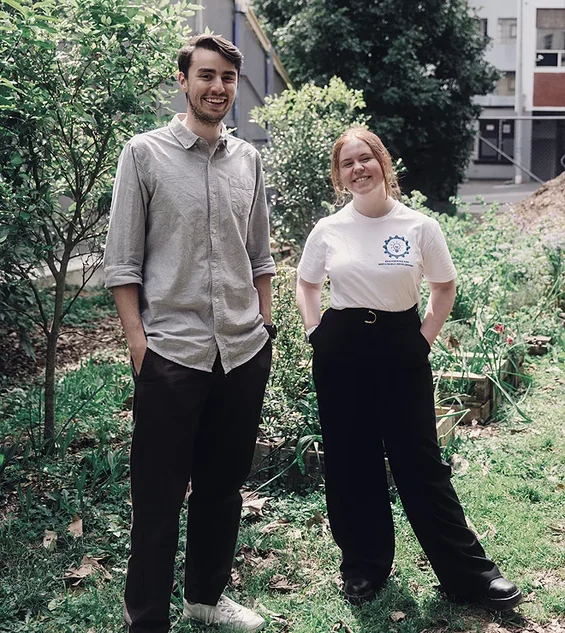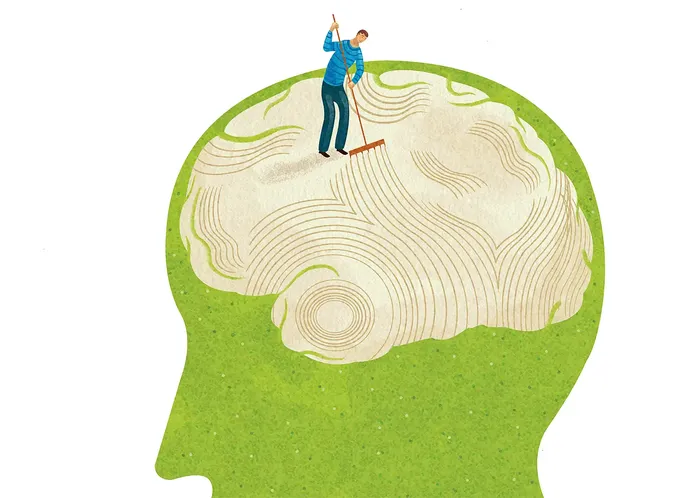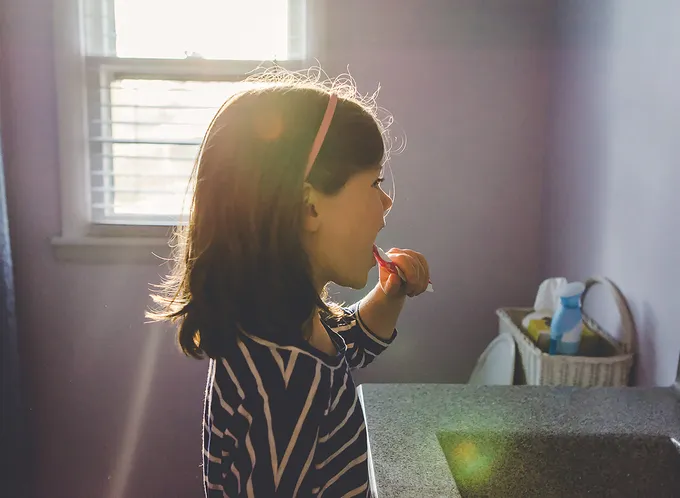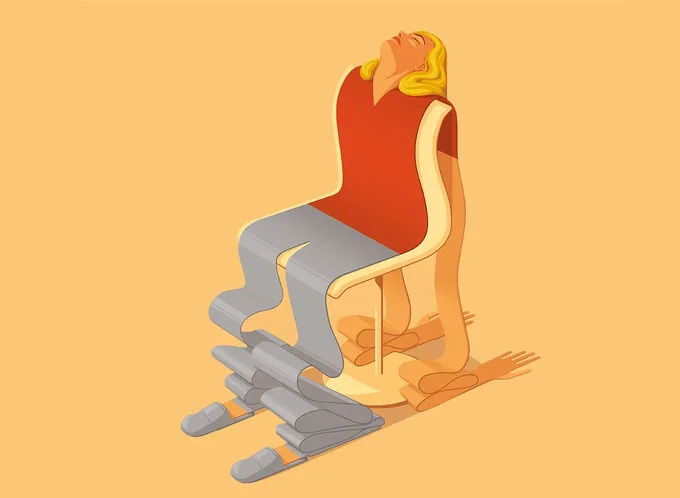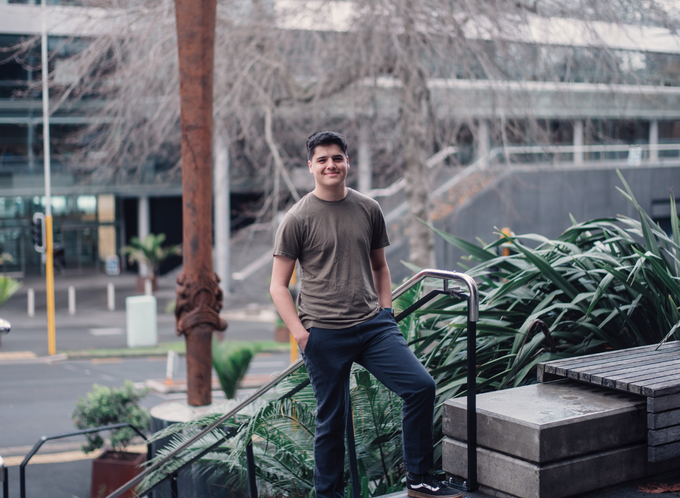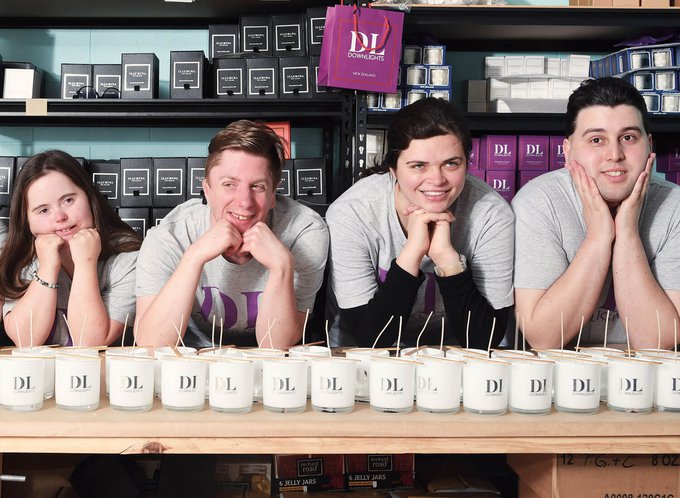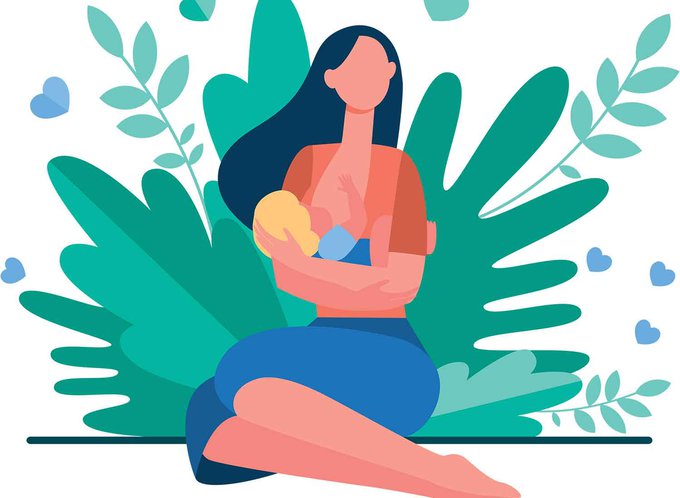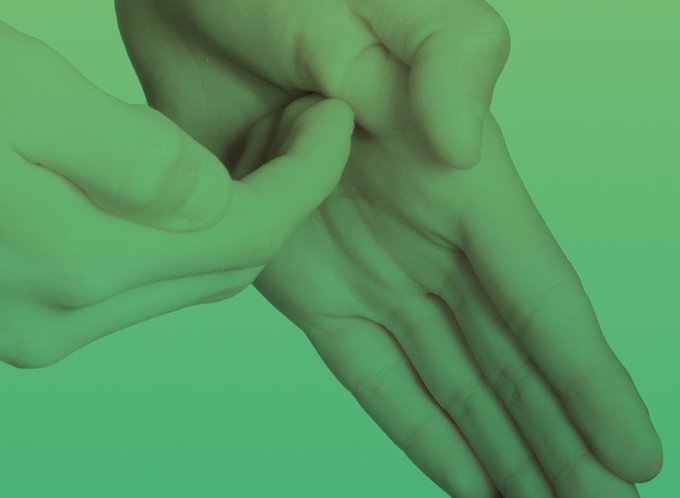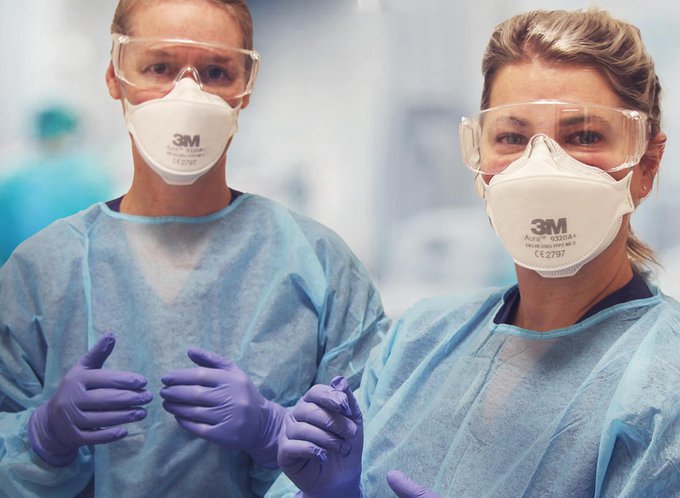Designing a more sustainable world might seem like a mammoth task, but this enterprising group of MAS Here for Good Scholarship winners say small, practical steps can add up to big results.
From developing smarter ways to save rainwater to turning discarded plastic into ‘eco bricks’, a group of University of Auckland engineering students are on a mission to find ways to keep sustainability in the spotlight. And while doing better for the planet is the overarching goal, the team at Engineering for Sustainable Development say it’s really all about helping us Earthlings who live on it.
“The thing that we want to highlight is that engineering isn’t just about buildings and tech,” says group co-founder Agustin Soto. “It’s about people and how we connect to the environment around us. Developing more sustainable ways of doing things is a key part of that.”
For group treasurer and second-year civil engineering student Caroline Beeson, sharing knowledge is essential for living and building greener. “One of my biggest motivators is seeing people younger than me getting excited about the potential of sustainable design. And talking to older generations like my parents too, I’ll tell them what I’m working on and they’ll say, ‘that’s so cool!’ It’s about making people positive about the future and our ability to shape it in healthier ways.”
As recent winners of a MAS Here for Good Group Scholarship, Agustin, Caroline and the team are often busy hosting environmentally focused events and workshops on campus and taking part in competitions with some of the country’s biggest engineering firms. But Agustin says it’s the community projects that are most rewarding.
“One of my favourites was helping the people at the community garden next door to the university. This is a really hardworking group who make compost for people living nearby, they grow food and they’re often working on weekends. We organised a meeting with them and asked what are the main problems you’re facing, and how can we solve them? When we heard about how they were walking quite far with buckets of water, we knew we could make things more efficient for them.”
After taking applications from students who were interested in joining the project, the team got to work on designing a solution to store and easily disperse rainwater so the garden stays in shape over summer. With the project newly completed, it’s already had a range of positive flow-on effects that have not only helped the plants to thrive but the students too.
“Alongside producing tangible benefits for the people that use and manage the garden, it’s been an opportunity for students to work with sustainable building practices in a real-life scenario,” says Agustin, who moved from Colombia to Auckland to study. “Then there are all the other aspects like developing the funding and making connections in the community.”
And it’s not all about designing and building but education and advocacy too. When it comes to thinking greener, Caroline says it’s often the simplest steps, like showing people how discarded plastic can be pressed into eco bricks rather than languishing in landfill, that can turn cynics into environmentalists.
“Some people are super excited, and they just want to get stuck in. Others are a bit more cynical, and it’s like, ‘I don’t know, is this really going to make any difference?’ But it’s usually pretty easy to turn them around, and of course that’s the message we want to get out there, that small things can really add up and make a big difference.”
With an interest in designing systems to help communities live better, Caroline plans to work in water infrastructure after finishing her 5-year degree. In the meantime, she says support from MAS will play a vital role in helping Engineering for Sustainable Development engage with more budding engineers on environmental issues.
“We’re just so grateful to MAS for this funding, it’s absolutely groundbreaking for us. We will be putting the grant towards running more events for students, and we also want to do more community-based projects. We want to inspire students to create change with their degree, and having the ability to run events and provide hands-on sustainable engineering experience through various projects is really important.
“Whether we’re working with students or the wider community, our goal is to empower people. It’s about letting people know that they have the ability to do something positive and meaningful, whether that’s linked to sustainability or social justice. We all have to work together to make a better world.″
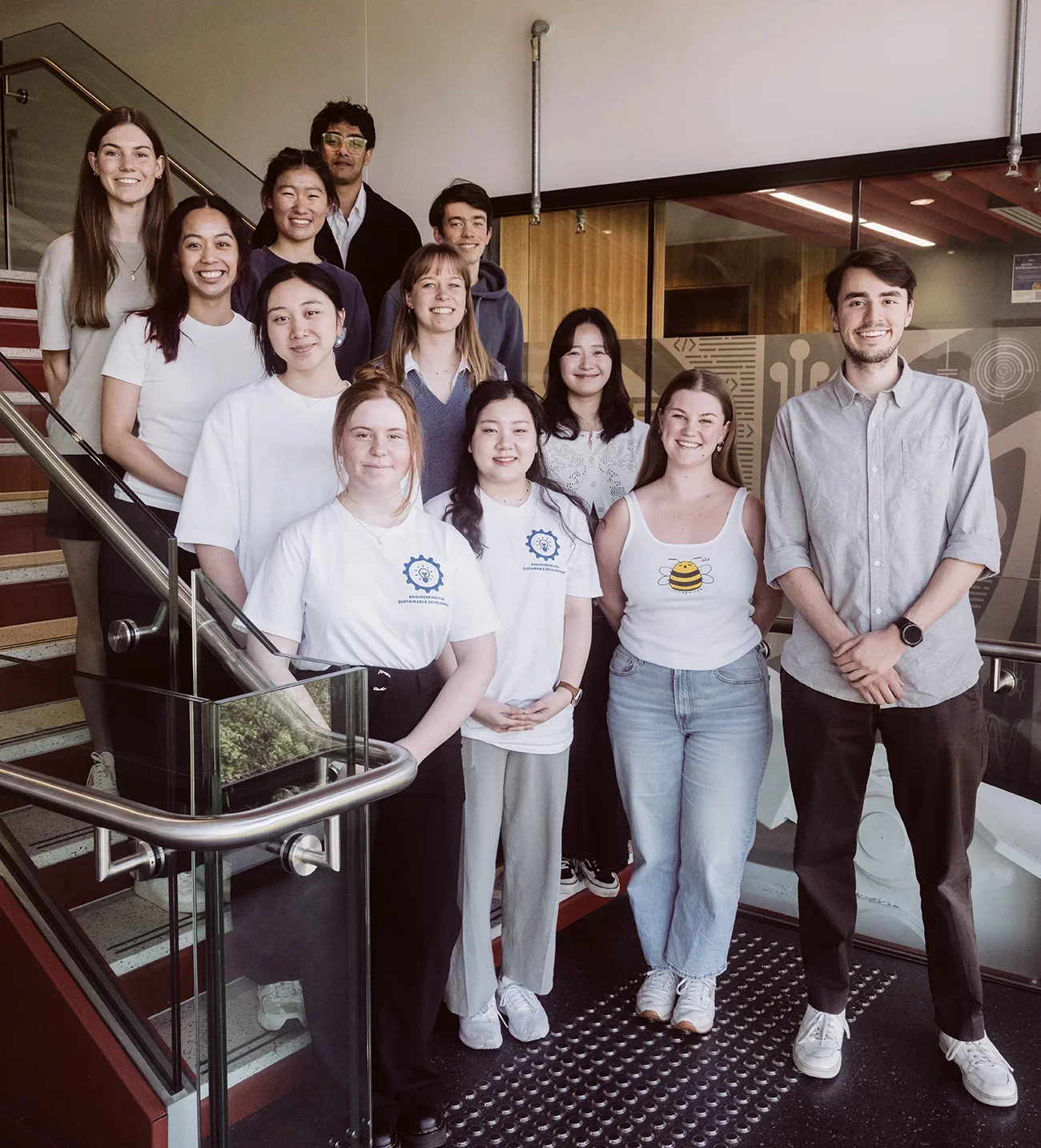
The Engineering for Sustainable Development group say winning a MAS Here for Good Scholarship is a welcome financial boost towards future events and community projects.
Students studying in New Zealand and who actively contribute or participate in a group, association, community activity or volunteer programme for the benefit of others, can apply for 1 of 2 MAS Here for Good Scholarships each quarter. The individual scholarship recipient receives $1,000 to help towards study or living costs, and the group scholarship recipient receives $4,000 to help towards operational costs.
Know someone who might enjoy this?
Read this next
-
August 2023
Staying well in an unpredictable world
-
November 2023
Protecting pearly whites
-
August 2024
Blending tradition, tikanga and tech
Greater good
See all-
March 2021
Candles for a cause
-
March 2021
Helping Kiwi babies thrive
-
March 2021
Creating a Deaf-inclusive Aotearoa
